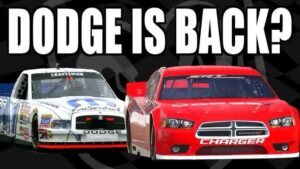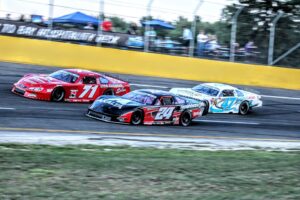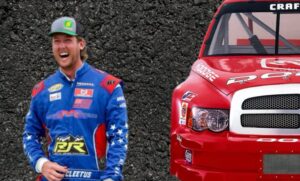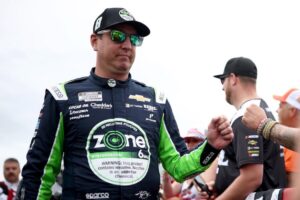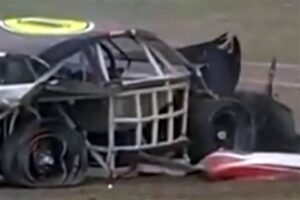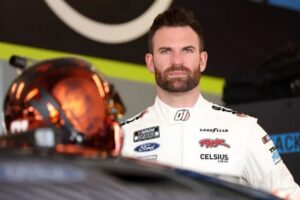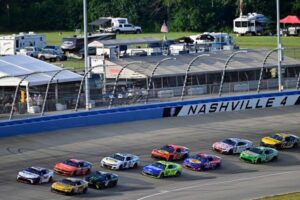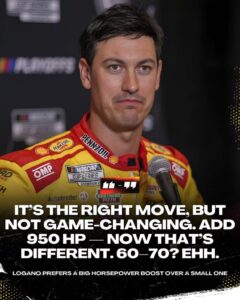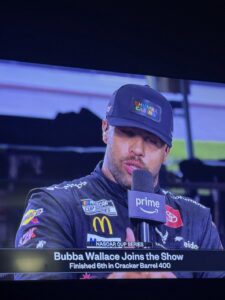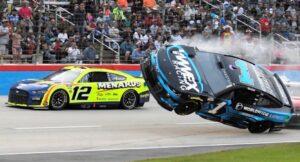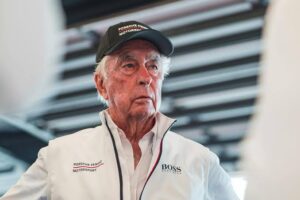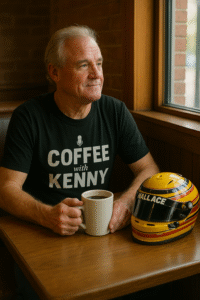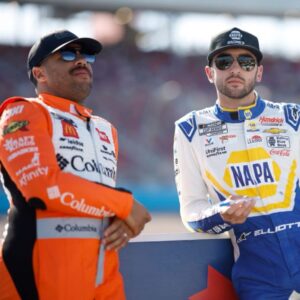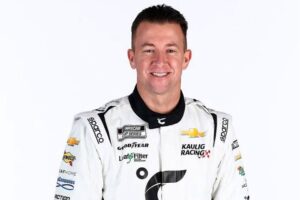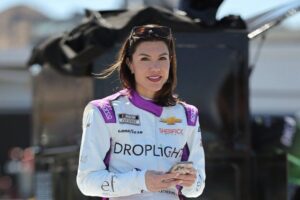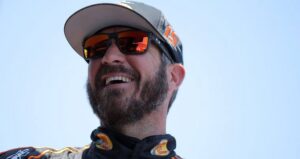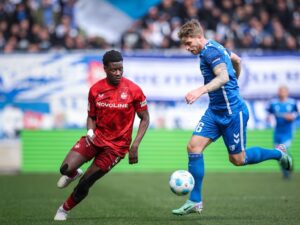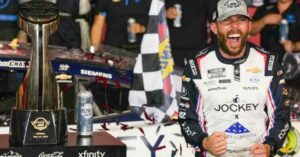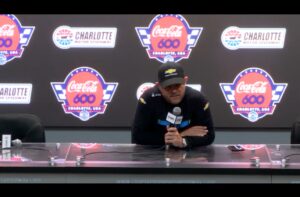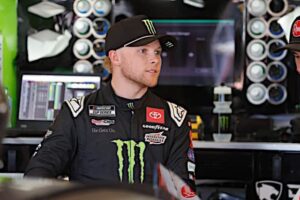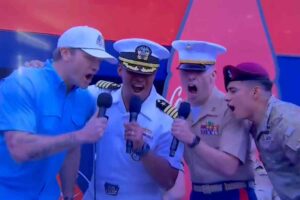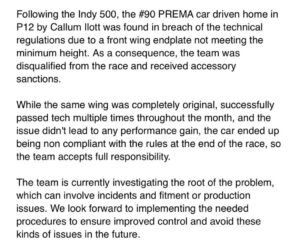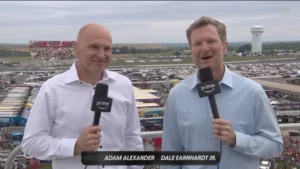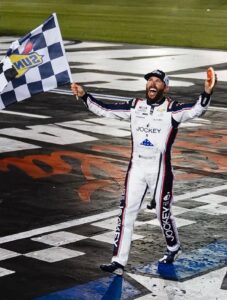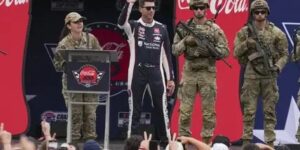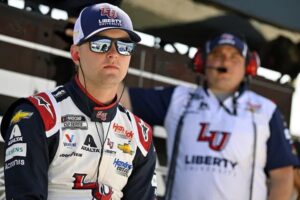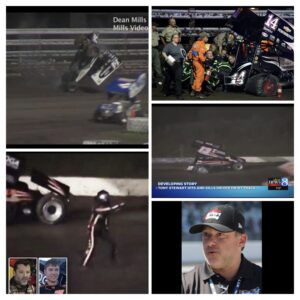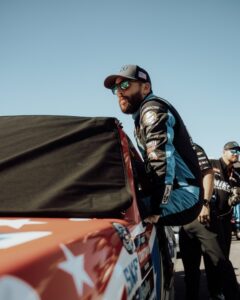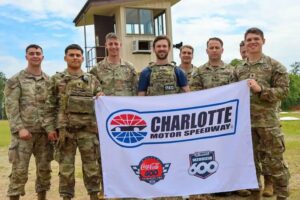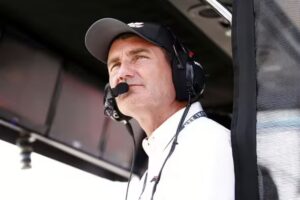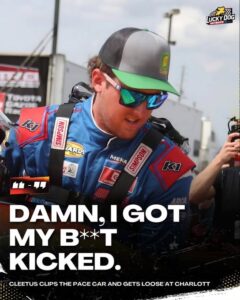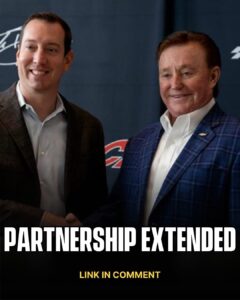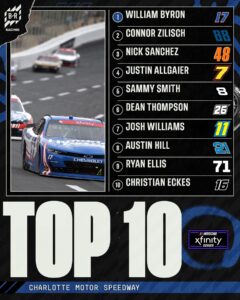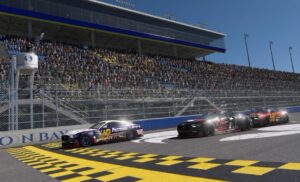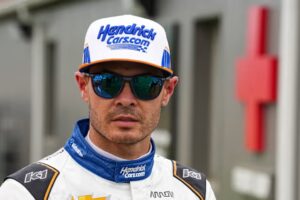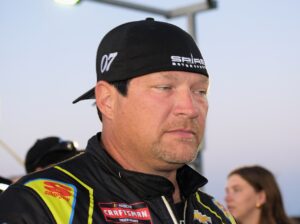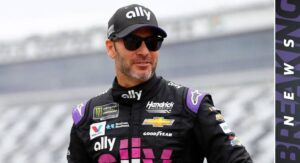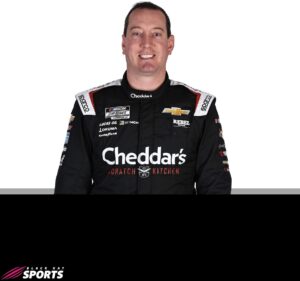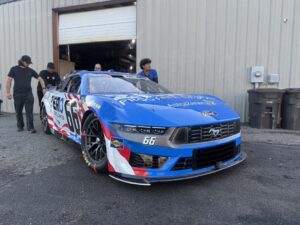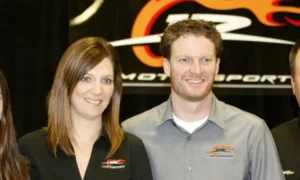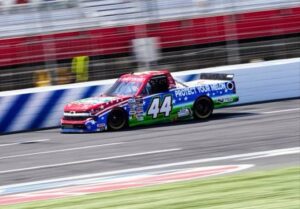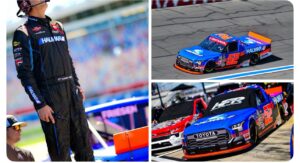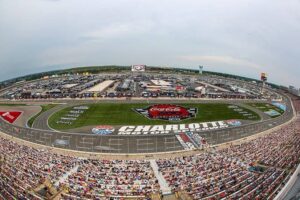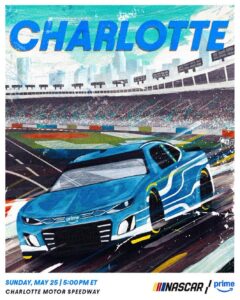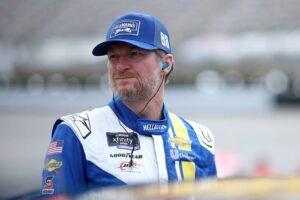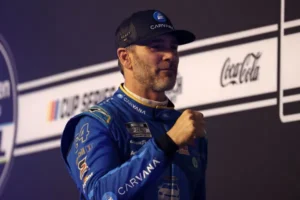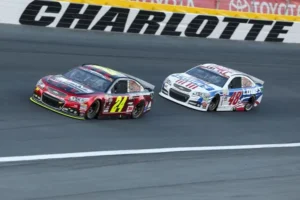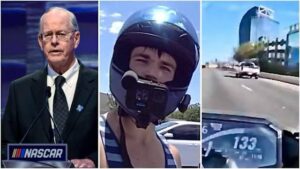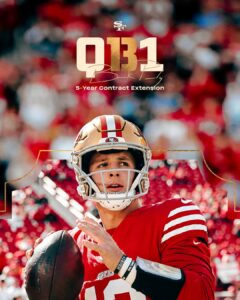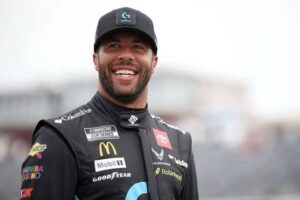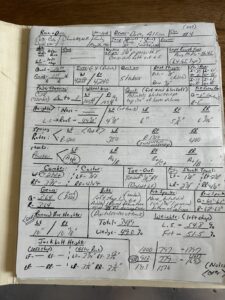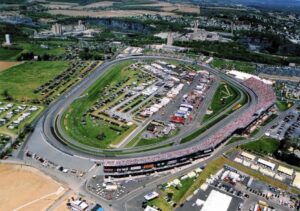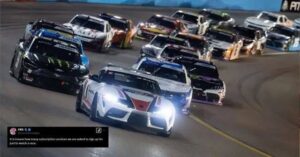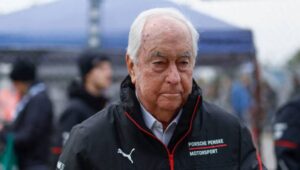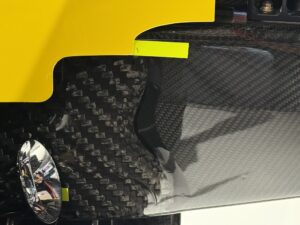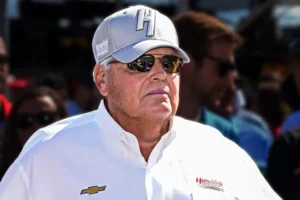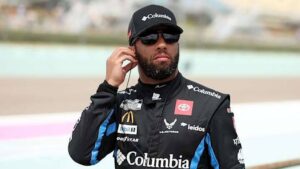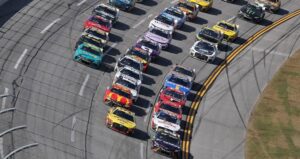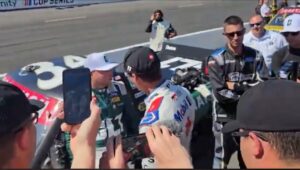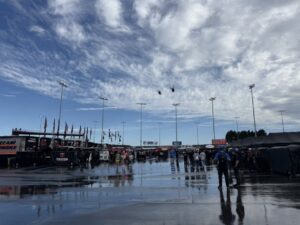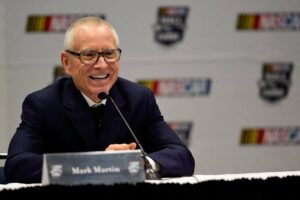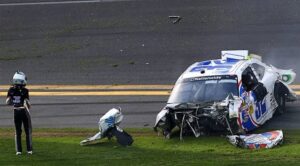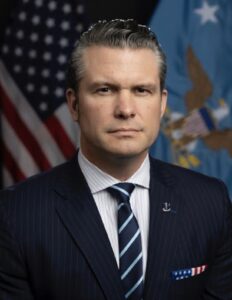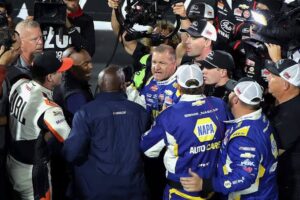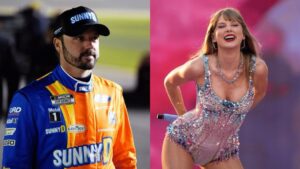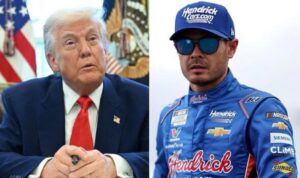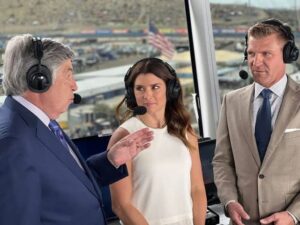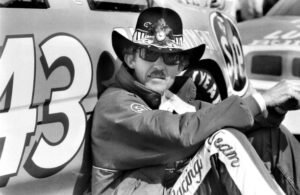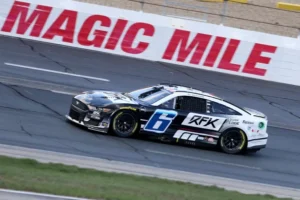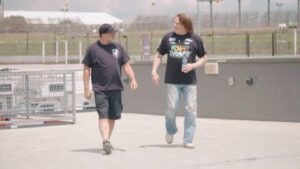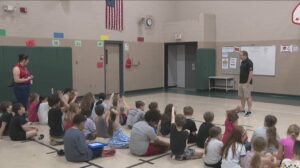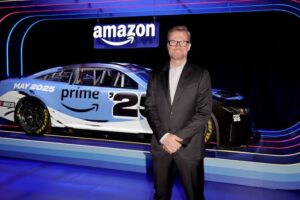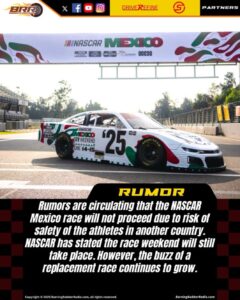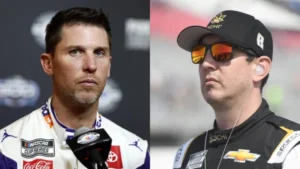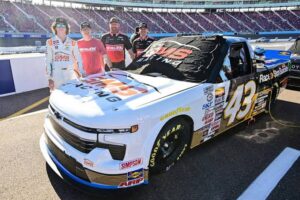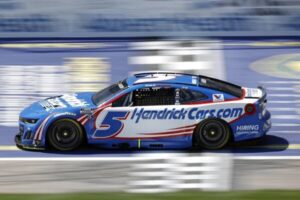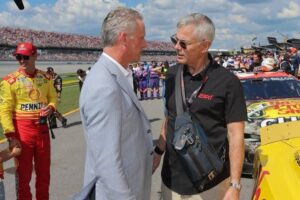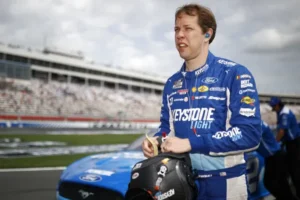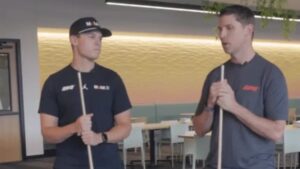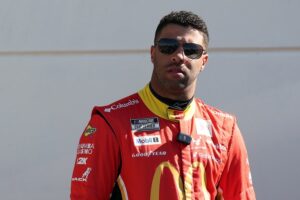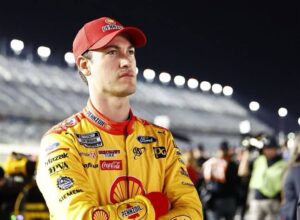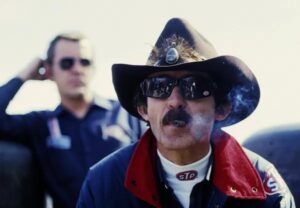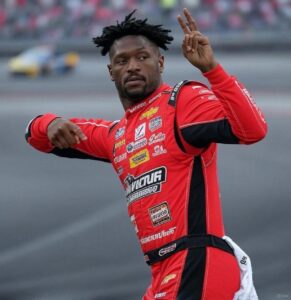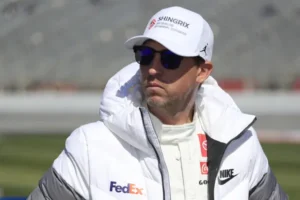Should Martinsville Ban Rookies? Tackling the Chaos in Xfinity’s Most Volatile Arena
Martinsville Speedway, NASCAR’s iconic “paperclip” short track, has always been a pressure cooker. Its tight corners, concrete walls, and bumper-to-bumper racing demand precision, patience, and grit. But recent Xfinity Series events have sparked fiery debate: Are rookies—inexperienced drivers thrust into this bullring—turning the racing into reckless mayhem? After a string of wrecks and controversies, critics argue it’s time to rethink rookie eligibility. Here’s why the conversation matters.
The Rookie Problem: Chaos or Crucible?
Martinsville’s 0.526-mile layout leaves zero margin for error. For veterans, it’s a chess match; for rookies, it’s often a crash course in survival. The 2024 Xfinity spring race exemplified this: a record 15 cautions, many triggered by rookie drivers overdriving corners or misjudging gaps. One first-year driver sparked a 12-car pileup on Lap 72, obliterating half the field and drawing boos from the crowd.
While rookies bring fresh energy, their learning curve clashes with Martinsville’s unforgiving nature. Unlike intermediates like Charlotte or Kansas, Martinsville punishes hesitation and over-aggression equally. The result? A demolition derby that risks safety, strains teams’ budgets, and frustrates fans craving competitive racing over carnage.
The Case for Restricting Rookies
- Safety First: Short-track crashes at Martinsville often involve head-on hits into stagnant traffic. Xfinity cars, while safer than ever, aren’t immune to injury risks. Rookies lacking situational awareness increase the odds of high-impact incidents.
- Preserving the Sport’s Integrity: Martinsville’s legacy is built on skillful short-track racing, not chaos. When rookies trigger avoidable yellows, it disrupts rhythm and rewards luck over strategy. Veterans like Justin Allgaier have openly criticized “amateurs turning the race into a joke.”
- Financial Toll: Smaller Xfinity teams operate on razor-thin budgets. Repeated crashes—and the cost of rebuilding cars—could force underfunded squads to skip races or shut down.
But Banning Rookies Isn’t the Answer
Prohibiting rookies outright would undermine NASCAR’s development mission. The Xfinity Series exists to groom future Cup stars, and avoiding tough tracks stunts growth. As Dale Earnhardt Jr. argues, “You don’t learn to swim without getting in the water.” Drivers like Ty Gibbs and Chase Briscoe cut their teeth at Martinsville; shielding rookies risks creating a generation ill-prepared for Cup’s demands.
A Middle Ground: Rookie Readiness
Instead of bans, NASCAR could adopt a tiered system:
- Mandatory Simulation Training: Require rookies to log laps on a Martinsville sim rig to study braking points and race flow.
- Limited Entries: Cap rookie participation at Martinsville (e.g., 3–5 per race) to reduce risk without exclusion.
- Probationary Penalties: Penalize rookies more harshly for avoidable cautions, including suspensions for repeat offenders.
The Bigger Picture: NASCAR’s Identity Crisis
Martinsville’s rookie debate mirrors NASCAR’s struggle to balance entertainment and sport. While crashes drive viral highlights and short-term buzz, they erode credibility. The Xfinity Series must decide: Is it a proving ground for talent or a spectacle fueled by chaos?
The Verdict
Martinsville shouldn’t ban rookies—but it can’t ignore the carnage. Implementing rookie “licenses” (e.g., requiring prior short-track experience or training) would raise the floor of competence while preserving opportunity. Let’s respect the track’s history without sacrificing the future. After all, today’s rookies are tomorrow’s legends… if they survive.
What’s your take? Should NASCAR tighten the reins, or is the madness part of Martinsville’s charm? Sound off below. 🏁

